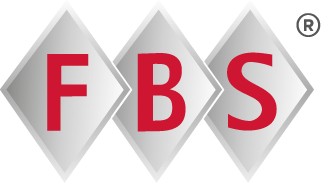PFAS (per- and polyfluorinated alkyl substances) are a group of chemicals that are used in many everyday products. They make materials water, grease and dirt repellent and can be found in things like rain jackets, pans with non-stick coatings or packaging for fast food. However, PFAS are problematic because they persist in nature and in the human body for a very long time and are difficult to break down. They are therefore often referred to as “perpetual chemicals”.
The current legal situation
The European Union (EU) is currently working on severely restricting the use of PFAS. The current situation is that the EU restriction on PFAS has not yet come into force. Until the end of an 18-month transition period, no PFAS-free tests are required for the marketing of products. Expected situation: The aim is to achieve a comprehensive restriction of PFAS. This is to be implemented as part of the REACH Regulation. The planned restrictions are not expected to apply until 2028 at the earliest.
Update July 2024
What is the current status?
ECHA has initiated the scientific evaluation of the PFAS restriction dossier in order to minimize the use of PFAS as much as possible.
The assessment is sector-specific, starting with consumer mixtures, cosmetics and ski waxes.
What comes next?
The next sessions will cover metal coatings, textiles and food contact materials.
Once the scientific evaluation has been completed, the opinions are adopted.
The European Commission will examine the opinion/restriction and implement it if necessary.
The aim is to minimize the use of PFAS.
